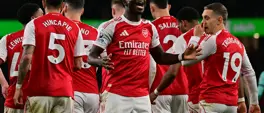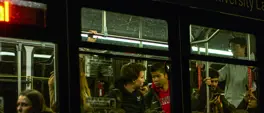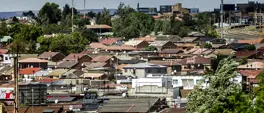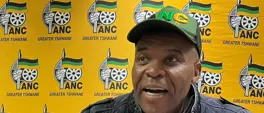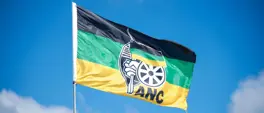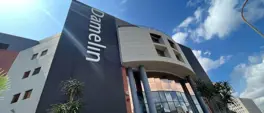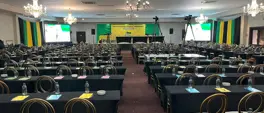MANDY WIENER: Saru’s Springboks deal could be a lifesaver, but local is lekker
Kabous Le Roux
16 October 2024 | 11:09The Springboks are a national treasure, but the South African Rugby Union needs the cash. Should we take the Americans’ money?
There has been a lot of talk about ‘sentiment’ as an economic driver of late. ‘Hope’ is not just warm and fuzzy, but it also pushes up financial metrics as we have seen since the formation of the Government of National Unity three months ago.
Do you know what else drives sentiment and hope in South Africa? The Springboks!
The back-to-back World Cup-winning rugby team has done more to fuel social cohesion and patriotism in this country than anything else post-democracy.
Over the past decade, support for the national rugby team has become the great unifier. Crucially, the demographics of fans have shifted from historically white and Afrikaans to multi-racial, reflecting the makeup of a truly transformed player lineup.
News of a proposed commercial deal by the SA Rugby Union (Saru) to sell a 20% stake in its commercial rights, including the Springboks brand, to a US-based private equity firm Ackerley Sports Group (ASG) has raised the ire of some. The deal is valued at R1.3 billion or $75 million.
According to Business Day, under the deal, “ASG will get effective control of the new Saru Commercial Rights Company (CRC) and have ‘perpetual’ licence to all of Saru’s commercial rights, including the Springbok brand. And ASG will have a majority on the board of the CRC, despite being a minority shareholder, with the entity also enjoying strong minority protections.”
The deal, due to be voted on by Saru unions tomorrow, will see ASG being repaid its capital outlay over time while retaining its 20% stake and keeping control over decision-making.
It’s a preferential deal for ASG some have noted. As Mark Barnes quipped on his podcast this week, ‘Someone is on top and it’s not us’.
Sports Minister Gayton McKenzie has now waded into the saga and has written an open letter to Saru President Mark Alexander, calling for Friday’s meeting to be delayed.
SARU insist they are ‘not selling the Springboks’ but the deal is facing pushback from the unions.
According to reports, seven unions including all the big ones, are opposed to the deal and have requested a three-month postponement to give them time to put a local counter-offer on the table.
Herein lies the crux of the problem.
Saru desperately needs a cash injection, it has been struggling to break even for years, and the ASG deal could prove to be a lifesaver. It is outrageous that a brand like the Springboks is not coining it globally. With the success of the team on the sporting field, but also the incredible narrative of the team off the field, it is a gold mine that has not been capitalised on. This is an indictment of the leadership of rugby locally.
New Zealand rugby did a similar deal years ago and is reaping the benefits now. Saru could capitalise in the same way.
The money coming in could be used to pay players better, fund franchises and tournaments and grow the game at the grassroots level in a way that would contribute to nurturing the next generation of Siya Kolisis.
But at what cost would this deal come? The big red flag of course is selling the rights to a US-based company and losing control of those rights. The other real concern is the massive brokering fees that would have to be paid to ex-F1 boss Eddie Jordan for putting the deal together.
The problem with trying to find an alternative local deal is that there is an exclusivity agreement in place with ASG and by looking at other options, this could be a breach of the talks with the Americans.
However, as Business Day Companies and Markets Editor Kabelo Khumalo pointed out to me on The Midday Report this week, the threat of selling out to foreigners could force South Africans with deep pockets to step up and stump up the cash for a local commercial deal.
“Maybe this approach by the US private equity firm is a blessing in disguise because it seems as though South Africans who own some of these franchises and are well known to have deep pockets are now willing to put money on the table to ensure the financial sustainability of Saru,” said Khumalo.
Tycoons Johann Rupert and Patrice Motsepe have stakes in the Bulls. The Sharks and the Lions, amongst others, also have private equity partners. The idea of a private equity deal for the Springboks is not the problem. It’s how the deal is being done and with whom.
Ultimately there has been no transparency and it smells odd that there is only one international bidder when Saru should have opened the bid process to the market.
A private equity deal could be a lifesaver for Saru. But local is lekker and the value of the Springboks in driving national unity and sentiment in SA can’t be compromised.
Get the whole picture 💡
Take a look at the topic timeline for all related articles.

